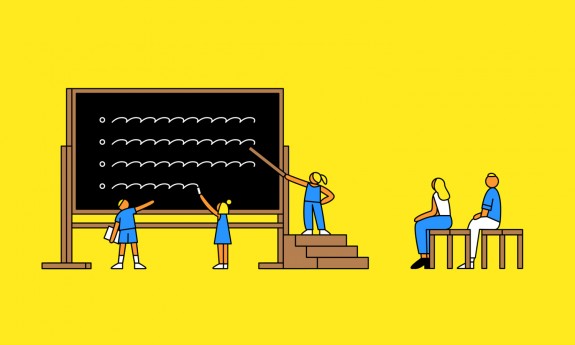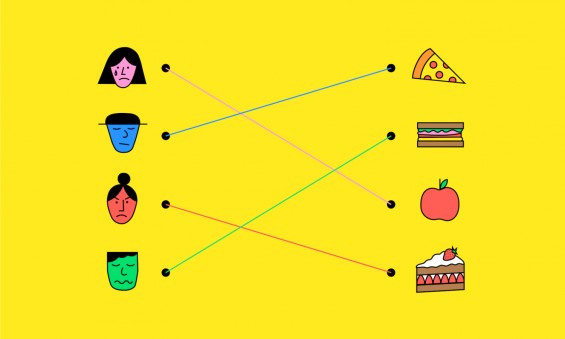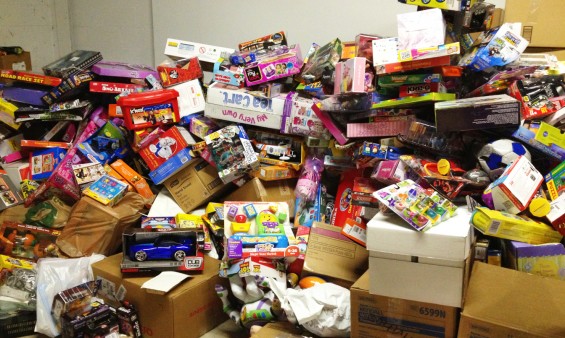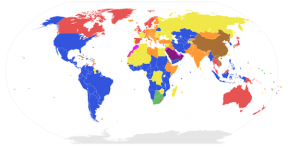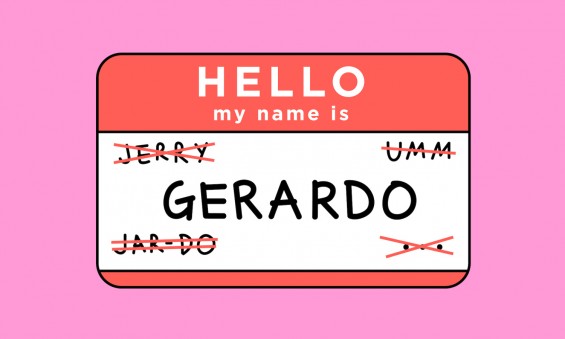
4 things that kids wish their parents knew
Children could definitely give the adults in their lives some lessons in parenting. Here are a few, from writer Swati Lodha.
In 2016, author and coach Swati Lodha was on tour in her native India to promote a parenting book she’d written. At one event, an audience member asked a question — but it was for Lodha’s then-16-year-old daughter, Swaraa, who had accompanied her.
His question was perhaps every parent’s nightmare: “Do you think your mother is perfect?”
“Nobody is,” replied Swaraa.
He persisted: “Can you tell me one thing that is wrong with her?”
Her answer: “I could write a book about it.”
Ouch.
So Swati decided to collaborate with Swaraa on a book, as she recalls in her TEDxNNIMSBangalore talk. They interviewed around 200 children — aged 8 to 18 — to find out what the kids really thought about their parents, and what they wished they’d do differently.
You may wonder, “Why should we ask kids for their input?” But after all, we want — and expect — user feedback in most aspects of our lives. As one 14-year-old told them, “When a consumer product is designed, the consumers are asked: ‘What kind of aesthetic features do you want in this product? What kind of functional features would do good?’”
As Swati puts it: Asking for advice is about checking in with kids — but not putting them in charge.
Here are 4 key things that children would like to share with their mothers and fathers, according to the Lodhas’ research:
1. Disagreement is not the same thing as disrespect.
Many of the kids interviewed say that their parents usually see any deviation from their rules or even preferences as disrespectful. Swati Lodha shares a story from her own family. Her daughter, Sharaa, loves to travel with her camera and laptop, which she brings in her carry-on when the family goes on plane trips. On one trip, Sharaa’s dad noticed how long it took the family to get through airport security, so he asked his daughter if she could check her gear instead. Sharaa said no; she prefers to keep her gear with her, worried that the delicate, valuable equipment will be harmed in checked baggage.
But her dad dug in, and the disagreement has become a sore point whenever they travel together. Sharaa thinks her dad has cast her decision as an act of rebellion and willfulness. The last time it happened, her dad said, “You respect these things more than people,” recalls Swati. “My daughter was downcast; she told us, ‘You guys love obedience; you guys dislike defiance.’” Sharaa wishes that her father would respect what she sees as her informed choice to do is best.
As Swati concludes, “What children want from us is that we should recalibrate our relationship with obedience” and respect the reasons behind their behaviors and decisions.
2. Kids don’t need to be told they’re the best.
“Parents … have an emotional investment in their children, so whatever they do becomes the best, and the children also start overestimating themselves in the same way,” says Swati. But the kids she interviewed said they actually didn’t enjoy this inflated perspective. They want to be viewed more realistically and have their parents see them as who they really are — not as who they wish they were. “We should be able to face our fears and our fantasies with equal balance,” explains Swati.
3. Kids get feedback all the time; parents should get some, too.
Growing up is a period of constant assessment when everyone older than a child — parents, siblings, teachers and authority figures — freely volunteers their opinions about how that young person is doing. As one of Swati’s subjects told her, “I am labeled all the time. I am labeled by my teacher as bad at English; I am labeled by my mother as a naughty child; and I am labeled by my sister as being self-centered.” The kids surveyed for the Lodhas’ book pointed out that parents don’t receive all this feedback, and they’d like to be asked for some.
4. Mothers and fathers shouldn’t get so fixated on results.
“Parents love outcomes,” Swati says. “Not only outcomes; they love all the measurable outcomes.” The children they spoke to said they felt pressured by their parents’ emphasis on grades, prizes, medals, game scores and school admittances — especially when it’s in a sport, subject or interest the kids pursued at the parents’ request, not because of their own interest. According to Swati, kids would like their intentions and efforts to be noticed and valued, even when the outcomes aren’t noteworthy.
Watch her TEDxNMIMSBangalore talk now:
ABOUT THE AUTHOR
Mary Halton is Assistant Ideas Editor at TED, and a science journalist based in the Pacific Northwest.
This post was originally published on TED Ideas. It’s part of the “How to Be a Better Human” series, each of which contains a piece of helpful advice from someone in the TED community; browse through all the posts here.
